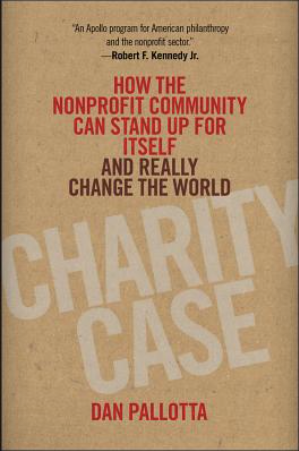MINDFULNESS BLOG/HEATH BLOG/KINDNESS BLOG/TEAMWORK BLOG
The Up Deeds blog
Our blog posts are created by those that share the same call to give back to others.
We give them the full credit they are due, and links so you can benefit from other information they share.

The impact and benefit to charities in the United States
by Up Deeds
Charities play a crucial role in benefiting individuals, communities, and society as a whole. Their impact extends beyond providing immediate assistance to those in need, such as from natural disasters, and often has far-reaching effects on the economy and social fabric of a nation.
In the United States, the economic impact of charities is substantial, and their absence would have a profound effect on various aspects of society. Additionally, charities are most effective in addressing specific issues in different regions of the country. The economic impact of charities in the United States is significant. According to the National Council of Nonprofits, the nonprofit sector contributes over $985 billion to the country's economy annually. Charities create employment opportunities, stimulate local economies, and drive innovation through their various initiatives. They also play a crucial role in addressing social issues that might otherwise burden government resources, thus indirectly saving taxpayer dollars. Moreover, charities attract donations and grants, which in turn circulate in the economy, supporting businesses and contributing to economic growth.
If the United States did not have any charities, the impact would be far-reaching. Many individuals and communities rely on charities for essential services such as food assistance, healthcare, education, and disaster relief. Without charities, these needs would likely fall on the government, resulting in increased strain on public resources and potential gaps in services. The absence of charities would also diminish the sense of community involvement and volunteerism, which are integral to the social well-being of communities, and the nation.
Furthermore, charities often serve as advocates for marginalized groups, and without their presence, many voices would go unheard, leading to greater social inequality. Charities are most effective in solving issues in our country when they tailor their efforts to specific regional needs. For example, in urban areas, charities often focus on addressing homelessness, hunger, and access to education and healthcare. In rural regions, charities might prioritize initiatives related to agricultural support, infrastructure development, and access to essential services. By understanding and addressing the unique challenges of different communities, charities can have a more direct and meaningful impact. This would be incredibly difficult from the national level without the input of local resources. Additionally, charities that collaborate with local governments, businesses, and community organizations can leverage resources and expertise to create sustainable solutions to complex issues. In conclusion, charities play a vital role in benefiting individuals, communities, and society at large.
Their economic impact is substantial, and their absence would have far-reaching consequences. By addressing specific regional needs and collaborating with various stakeholders, charities can effectively tackle social issues and contribute to the overall well-being of the nation. It is essential to recognize and support the invaluable work of charities as they continue to make a positive difference in the lives of countless people across the United States.

